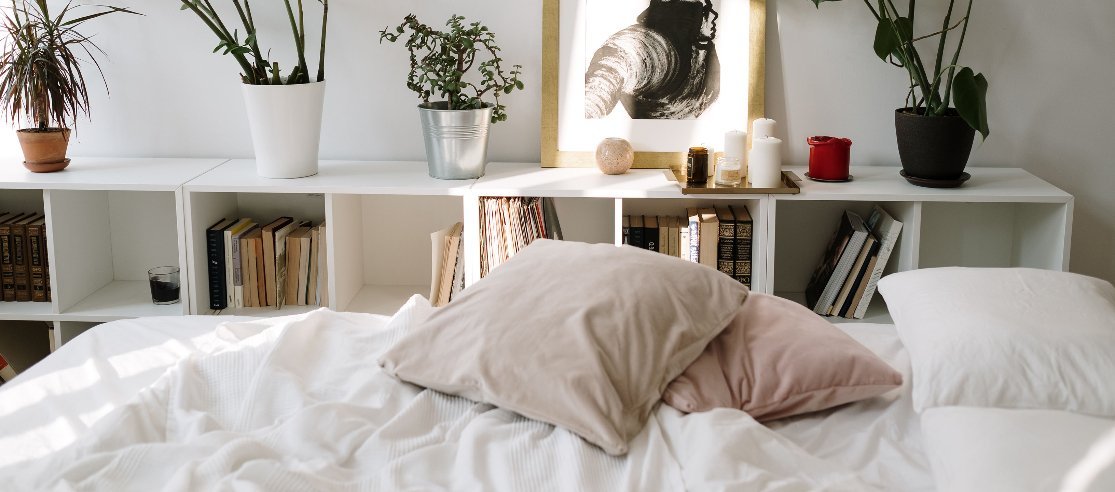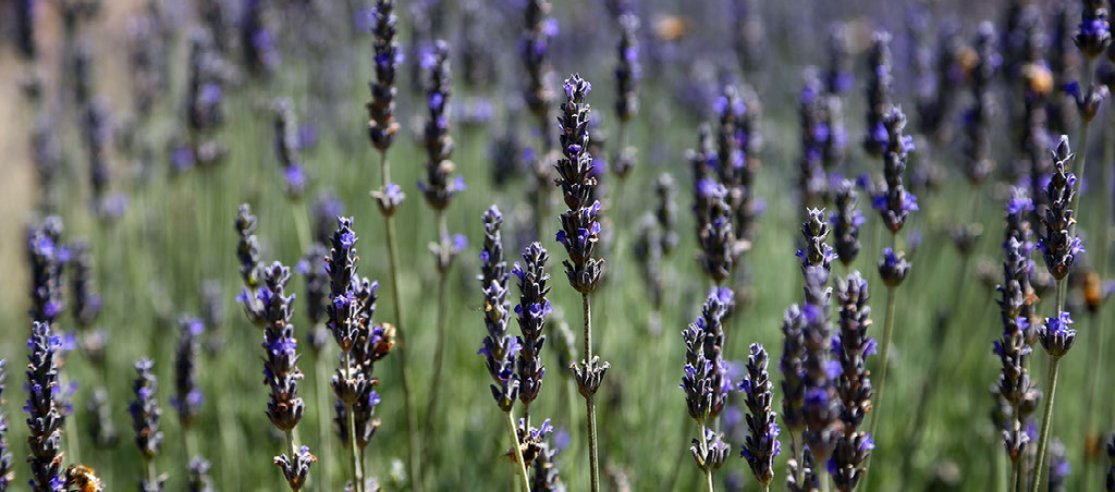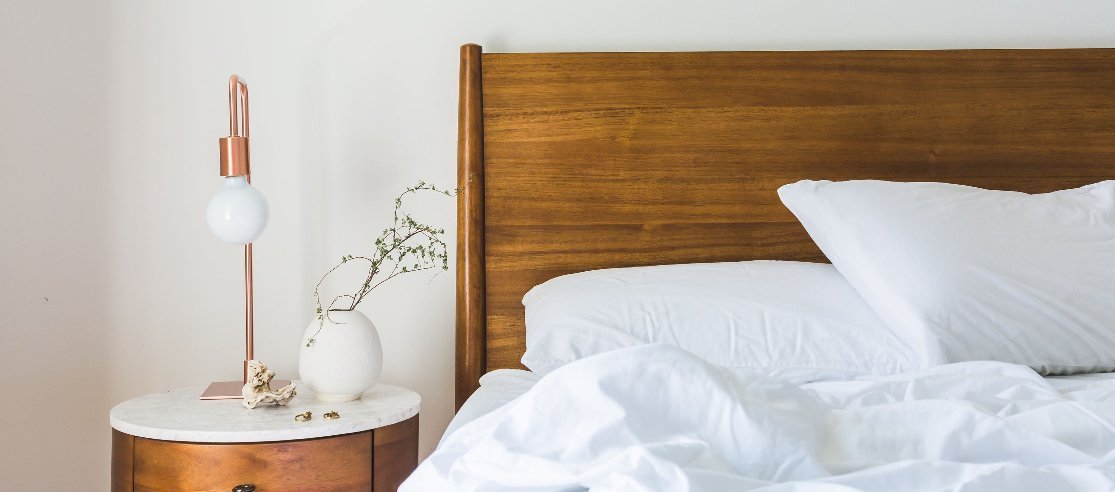
Why your sleep oil works
We’ve all heard the tried and true methods for natural, undisturbed sleep: a warm bath with lavender oil, a cup of chamomile tea or some frankincense aromatherapy, to name a few. These methods are very much a part of the cultural milieu around holistic wellbeing practice. But why? If you’ve ever wondered not how but why your essential oils for sleep work, we’ll do our best to break it down for you.

The science of essential oils for sleep is all about GABA, or gamma-aminobutyric acid. GABA are inhibitory neurotransmitters in the brain that play a significant role in controlling sleep. Evidence suggests that herbal extracts and botanicals, like essential oils, may exert sedative activity by interacting with GABA receptors in the brain. In other words, studies show that some essential oils can stimulate GABA receptors, making you feel sleepier around bedtime.
Both lavender and chamomile have been shown to stimulate GABA receptors, so it's no wonder they’re the most notorious natural sleep aids out there.

But, there are some other botanical extracts that work well for sleep for different reasons.
- Frankincense: Frankincense carries a relaxing property called terpene, which has been linked to decreased cortisol levels. Cortisol is the hormone most commonly associated with stress, and as such, lowered cortisol levels can help facilitate a better night’s sleep.
- Seaweed: Seaweed contains marine polyphenols which have been considered as major sedative-hypnotic phytochemicals, meaning that they are capable of inducing sleep and decreasing the amount of time it takes to fall asleep.
- Rose: Rose oil can lower cortisol levels and activate the HPA axis to combat stress in the body. Balancing this hormonal response in the brain results in a calmer, clearer mind ready for sleep.

Essential oils do more for sleep than just create a soothing, aromatic atmosphere for your olfactory pleasure – there is actual science behind why they work. Try it out for yourself and utilise our Sleep Better range of essential oils, room scents, tea blends and bath salts to achieve more restful sleep.
References:
- https://www.liebertpub.com/doi/10.1089/acm.2014.0327
- https://pubmed.ncbi.nlm.nih.gov/33561990/
- https://www.ncbi.nlm.nih.gov/pmc/articles/PMC2995283/
- https://www.ncbi.nlm.nih.gov/pmc/articles/PMC3612440/
- https://www.insider.com/does-chamomile-tea-make-you-sleepy
- https://pubmed.ncbi.nlm.nih.gov/31582666/
- https://www.ncbi.nlm.nih.gov/pmc/articles/PMC5983271/#:~:text=Triphlorethol%20A%2C%20a%20Dietary%20Polyphenol,Eye%20Movement%20Sleep%20in%20Mice&text=Mar%20Drugs





